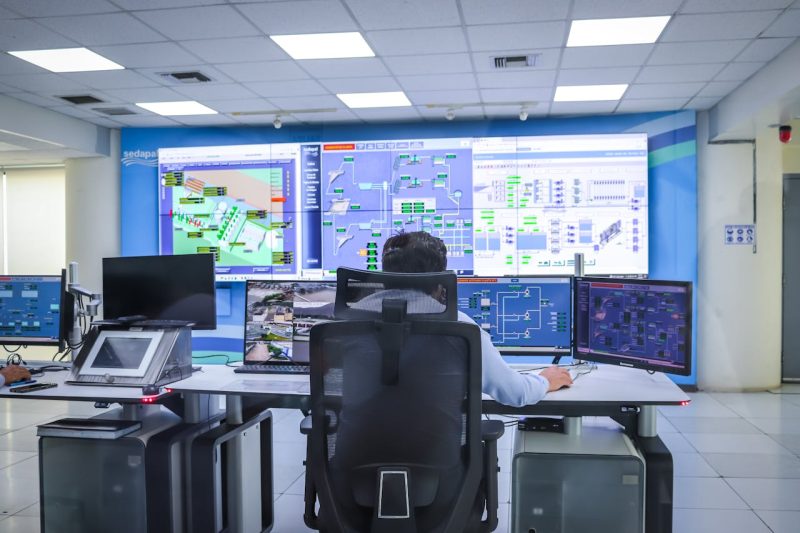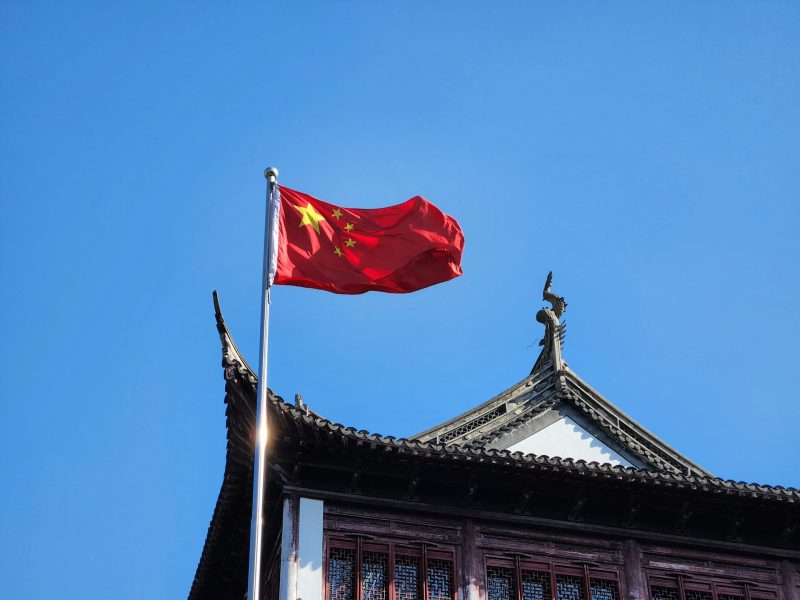Luxury travel has outgrown its old definitions. Polished marble, Michelin-starred dining, and sweeping infinity pools no longer guarantee allure. Today’s affluent travelers are chasing something quieter and more personal—moments that feel meaningful, restorative, and culturally rooted.
By 2025, smart money in TravelTech isn’t flowing toward flashy booking platforms but toward systems that make this depth of experience possible. Savvy investors are focusing on a new class of traveler—one who prizes privacy, intentional design, and a sense of purpose over spectacle.
From Lavish to Experiential
Today’s wealthiest travelers aren’t looking for the loudest luxury. They want space to breathe. Think private islands in the Maldives, or a week living like a villager in rural Japan, where there is no script, just slow living and total immersion. They are trading gold-plated experiences for ones that feel real and rare.

Pixabay / Pexels / Companies that enable seamless cultural experiences, exclusive access, and meaningful connections are where the opportunity lies.
So, the future of luxury isn’t just about selling a destination. It is more about engineering the journey.
The Rise of "Soft Travel"
One of the biggest trends defining this year is “Soft Travel.” It is all about the joy of slowing down and switching off. No rigid schedules and no crowds. Just peace, space, and intention. For the luxury crowd, this means long stays in private homes, remote landscapes, and unplugged escapes.
Soft Travel is deliberate. The traveler wants to feel restored, not rushed. That changes what they book and how they book it. The tech behind this trend is about helping people find calm. Search tools that focus on vibe over location, smart itineraries that recommend when not to do anything. That is where investor attention should go.
Personalization Is Now the Baseline
Nearly half of all luxury travelers want something made just for them, like a surprise candlelit dinner in the Alps or a backstage tour at the Louvre. If it is not bespoke, it is basic.

Pixabay / Pexels / Behind every hyper-tailored experience is a network of systems: AI that learns preferences, databases that flag unique options, and platforms that link them all together in real-time.
The right investments here aren't in the fancy front-ends, but in the smart engines running behind the scenes.
The TravelTech Engine
At the core of all this change is technology. Not the kind travelers see, but the kind that powers the whole experience from backstage. That’s where the real investment gold sits.
VC firms like TT1 and TT2 are already focused on this B2B TravelTech space. These are not tourist-facing apps. They are companies building the pipes and platforms that let luxury travel brands operate at the level elite travelers now demand.
If you are looking for entry points, OpenVC and similar platforms help identify investors tuned into this specific niche.
AI Is the Brain of Luxury Travel
You can't offer next-level personalization without a serious AI engine. This is the tech that watches behavior, understands patterns, and builds the kind of customized travel plans a human could never match.
Startups excelling in AI-driven personalization aren’t just adding value; they're also creating a competitive edge. They are becoming essential. Investing in these kinds of platforms is like buying the brain of the luxury travel industry.




